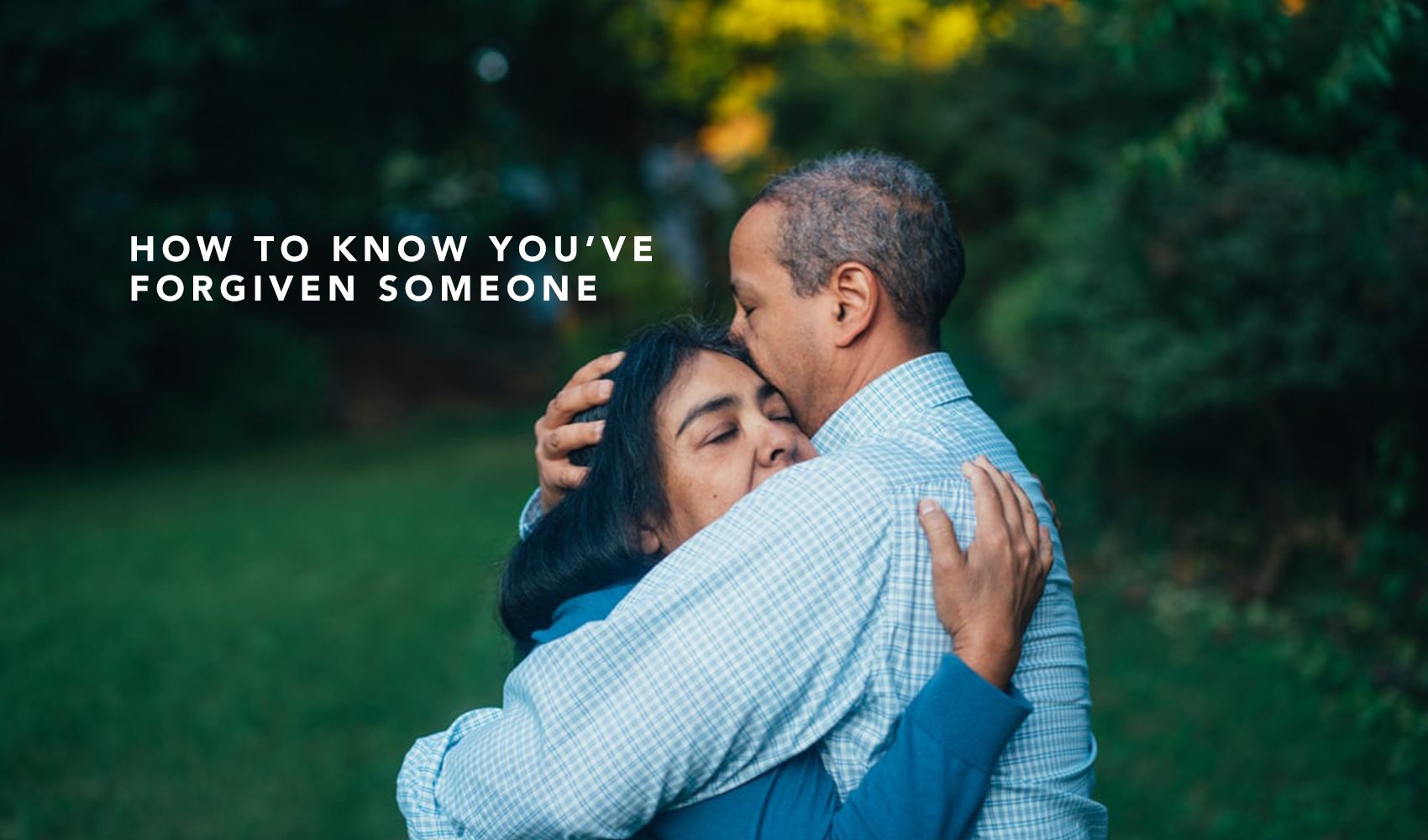The phrase no pain, no gain has been a mantra for athletes and fitness junkies for years. And what they understand about physical pain needs to be broadened to a much more general use in all of our lives.
Pain hurts. That’s the whole problem. No one enjoys it, and if someone does, we rightfully question their mental health. But I’ve learned from repeated familiarity that there is a premium value for pain that is not achieved otherwise.
Nothing worthwhile is ever easy.
It’s been the battle cry of my ministry – of my life! I even made a wristband saying as much. The difficulty is that I have to remind myself of this when it’s the least convenient. When I’ve gone through a loss, a failure, a disappointment, a setback – that’s when pain is punching the hardest. And that’s when I have to remind myself that there is a resource that only comes through such pain.
This is easily the greatest reason why most people are stuck in life. Stuck in their career because they think they can’t start over. They can start over, but starting over sucks.
Stuck in their marriage because they won’t have uncomfortable conversations about the problems in their relationship, so they settle for “peace” which isn’t true peace it’s just a pause in the fighting. And by pause, I mean nothing is being worked out together.
Stuck in their faith, because you won’t risk anything meaningful in your pursuit of truly knowing Christ, “and the fellowship of His suffering.” (Philippians 3:10).
Stuck in your finances, because it’s more convenient to have a little fun now, rather than save for a lot of freedom later.
We are naturally pain averse. But pain comes for us all. It comes by choice through sacrifice, or it comes by consequence through inaction, playing it safe, and maintaining a status quo. But regardless of how it comes, we still have a valuable decision to make…
What do I do with my pain?
- I can internalize it – become bitter, spiteful, and self-destructive.
- I can vocalize it – assign blame, make public statements, protest, and pass responsibility.
- I can mobilize it – realize that I got here at a price, and pain is a tutor – a tough and expensive one – whose lessons are hard-earned, and few are willing to pay the tuition.
Pain comes from many sources. Self inflicted, abuse by others, setbacks from life, and even from God, Himself. It was Him after all, who led His own Son to the cross. But through the price of the pain He endured on the cross, our salvation was purchased.
What might your pain purchase? You’re richer than you think. Your pain is a resource. You can choose anger and resentment, or you can choose humility, grace, perseverance, wisdom, and growth. It’s my prayer that you mobilize the premium price of pain God has allowed in your life for greater things.
Blessings,
Pastor John




